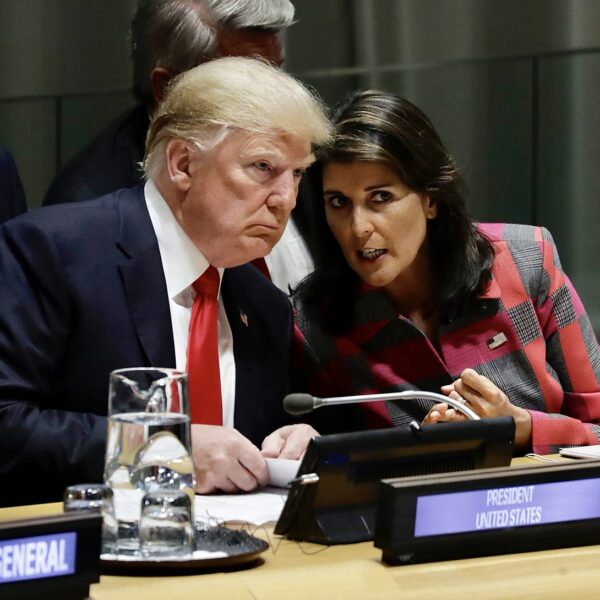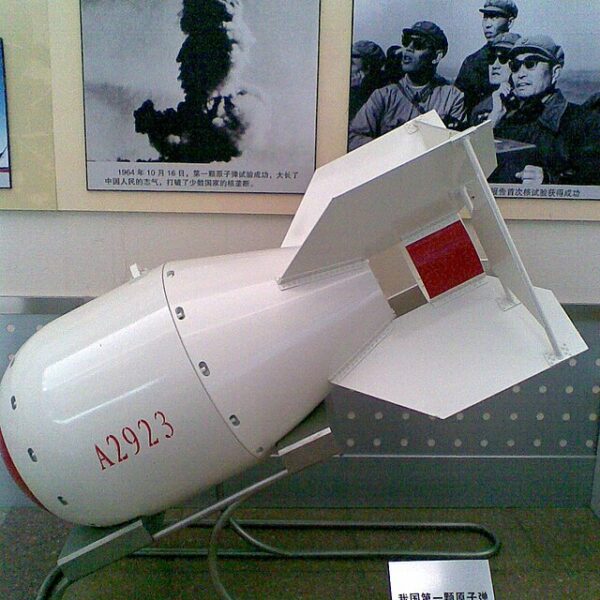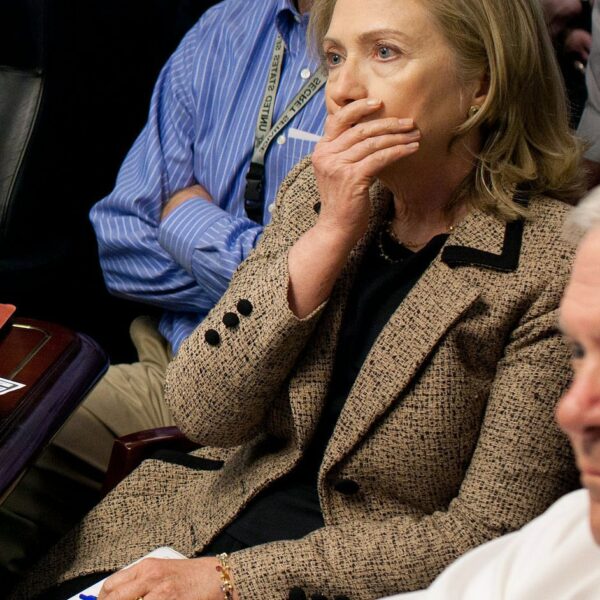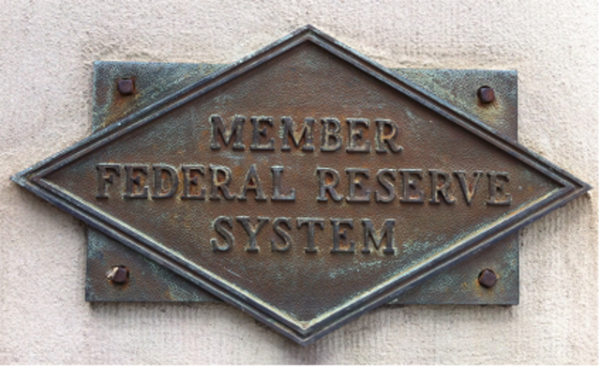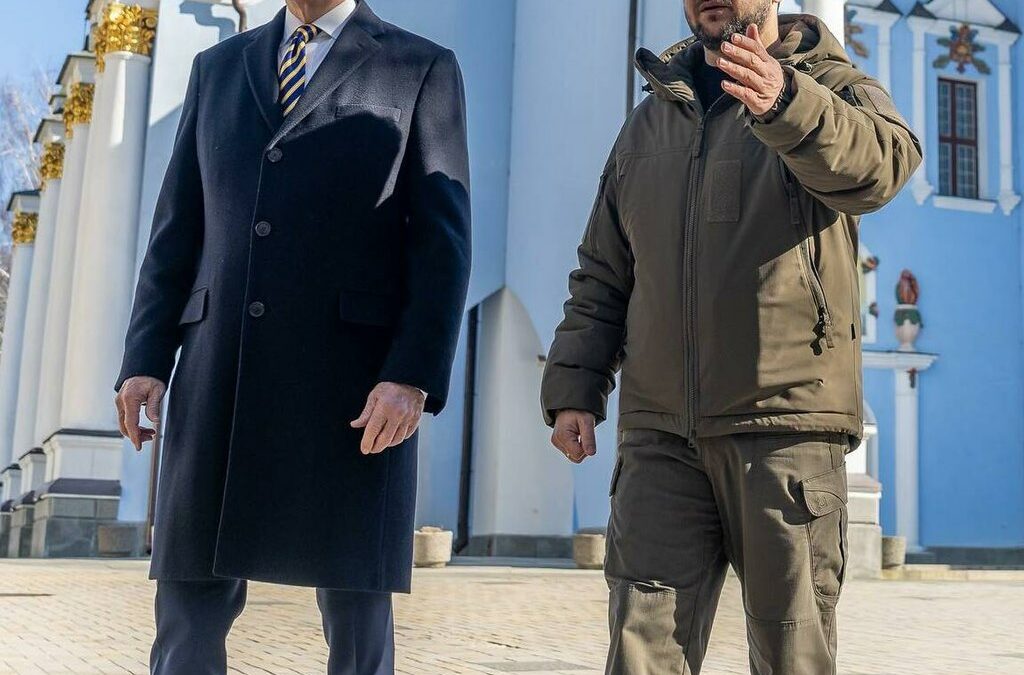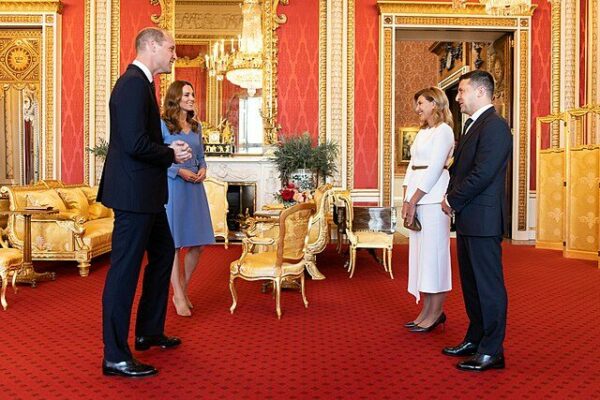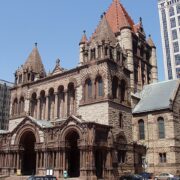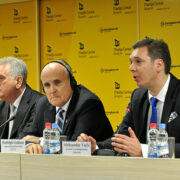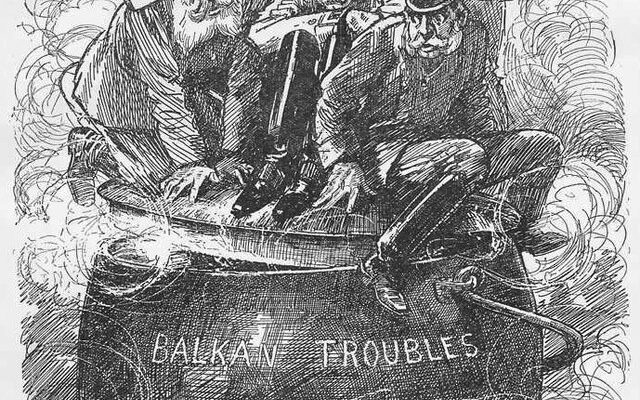
As Russia’s disastrous invasion of Ukraine recently crossed Day 300 of its planned week-long invasion to conquer Kyiv, another former hot spot in Europe seems to be reaching the boiling point. This time in the Balkans, where a shooting at a NATO peacekeeping mission has sparked a new wave of tensions.
The Daily Beast reports, “Serbian President Aleksandar Vucic has this week put his army on its “highest level of combat readiness” to protect ethnic Serbian areas in northern Kosovo he says are under threat from Kosovo. Vucic says his military will “take all measures to protect our people and preserve Serbia.”
On December 10, ethnic Serbs in the north erected nine roadblocks that essentially divide the area where some 50,000 ethnic Serbs live, angering the Kosovo government in Pristina, which is led by an Albanian majority.
Kosovo was the sight of the last war in Europe, which ended when NATO launched a military campaign ordered by then U.S. president Bill Clinton in March 1999 that lasted for 78 days.
Serbia finally signed a peace accord, agreeing to leave Kosovo, but the two countries have never enjoyed real peace. NATO peace keepers have been present in the country since 1999. That war sent more than 600,000 Kosovo refugees into Europe.”
In the spring of 1998, ethnic tensions in Yugoslavia intensified after military forces attacked Kosovo, where more than 90 percent of the residents were Muslim and ethnic Albanians who wanted independence from the country and unification with Albania. The Yugoslav forces were were sent to quash Albanian rebels.
“On 24 March 1999, NATO, led by the United States, launched the two-month bombardment of Yugoslavia. The strikes were not limited to military installations and NATO targets included civilian targets such as factories, oil refineries, television stations and various infrastructure. The intervention, which devastated Yugoslavia, was not approved by the UN General Assembly or the UN Security Council, and was strongly opposed by both Russia and China. It was the first time in NATO’s history that its forces had attacked a sovereign country, and the first time in which air power alone won a battle. In June 1999, NATO and Yugoslav military leaders approved an international peace plan for Kosovo, and attacks were suspended after Yugoslav forces withdrew from Kosovo,” according to reports.
Yugoslavia collapsed shortly thereafter and Kosovo announced its independence, which Serbia today does not recognize.
The new flashpoint “comes after weeks of escalating tension between the two sides, with ethnic Serbs claiming they are being harassed by the ethnic Albanian majority in Kosovo,” BBC reports.
“Kosovo declared independence in 2008 but Serbia refuses to recognise this and has repeatedly warned it will protect local Serbs “with all means” if they are attacked.
Last month, ethnic Serb mayors, judges and police officers in Kosovo’s north resigned in protest over a decision by Kosovo’s government to replace Serbian-issued car licence plates with ones issued by Pristina.
Thousands of Kosovo Serbs protested this month calling for the Albanian majority government to pull police out of the north.”
Reuters noted, “Kosovan Interior Minister Xhelal Svecla on Tuesday said Serbia, under the influence of Russia, was aiming to destabilise Kosovo by supporting the Serb minority in the north who have been blocking roads and protesting for almost three weeks.
Russia, Serbia’s historical ally, is blocking Kosovo’s membership in the United Nations.”
The area of the globe has been called “The Powder Keg of Europe. The metaphor is used by historians “to refer to the nationalistic tensions present in the Balkans region of Europe before the 1914 outbreak of World War I. The Balkans is a name for the southeastern section of Europe that includes countries such as: Serbia, Greece, Bulgaria, Montenegro, etc. In the years before World War I, the Balkans (as well as the rest of Europe) were undergoing an increase in nationalism, which caused tensions to grow. As such, historians have argued that these tensions created a situation in the Balkans that led to a crisis, which eventually caused World War I.”
The European Union claims it has begun working to lower tensions so that war does not cascade out of control as it has in the past. However, the Russian invasion of Ukraine has revealed the continent to be weak-kneed and they have relied on American supplies to Ukraine to stop the invasion.
Ukrainian President Volodymyr Zelensky recently came to Washington to ask the United States to spend another $50 billion on defending Europe in the name of “preserving democracy.” Despite being directly threatened, the EU has supplied half of that for 2023.
Don’t be surprised if Kosovo becomes the next place the Biden White House plans to send our money so that Europe can continue to live its life of peace and luxury.
[Read More: Whoopi Goldberg Doubles Down On Racism]


